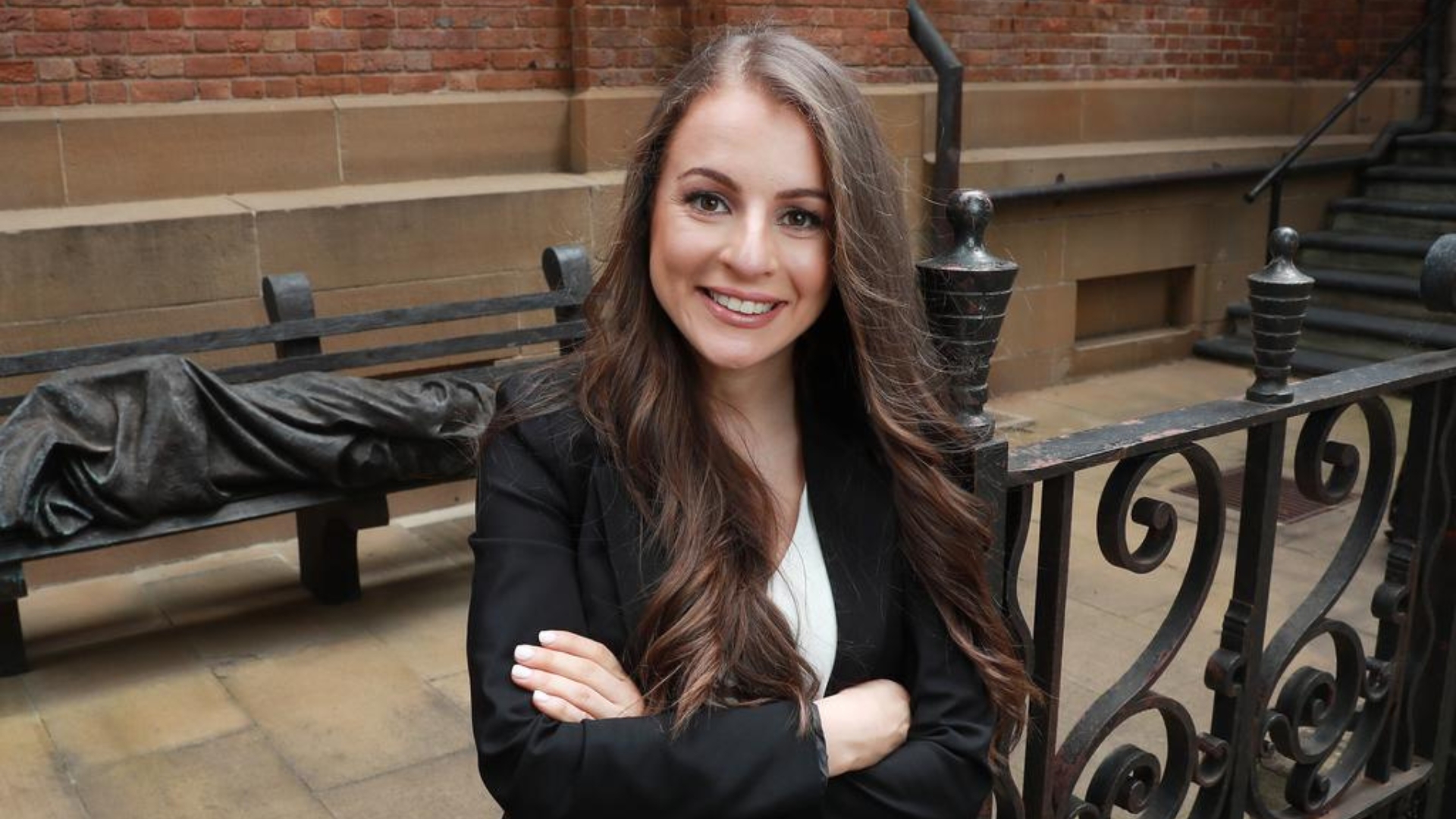By Mary Sinanidis
Stefanie Costi always knew that she wanted to dedicate her life to social justice. She dreamed of doing this through journalism, but she ultimately chose law. However, her career took an unexpected turn when she faced workplace bullying.
At the time, she said nothing, but years later, seeing another colleague experience bullying at the workplace, she penned an article in ‘Lawyers Weekly’ and shared it on LinkedIn.
This article opened the floodgates, and Stefanie found her calling, quite by accident, as an anti-bullying advocate.
“People’s reaction to the article left me flabbergasted as 10,000 people liked my post, 1.2 million read it, and there were 1,516 comments and 828 reposts,” she told The Greek Herald, struggling to keep up with the 2,000 people who reached out with messages commending her for speaking up on an issue they could relate to.
“I still get private messages from people from all walks of life who draw strength from what I wrote. Two people said they wanted to commit suicide. My advice to them was to seek professional help. I am not a medical professional; I am simply a listening ear.
“Often, people going through a difficult experience simply need someone to be in their corner. My mission is to be that person, to empower those facing harassment and encourage them to seek better paths.”

Asked about her own bullying experience, Stefanie described it as insidious.
“I was never assaulted or sexually harassed, but there were many small, hurtful incidents that all added up,” she explained, emphasising that bullying is widespread in the legal profession.
“In law, everyone has either experienced, witnessed or heard of someone being bullied in some way because lawyers are known for their sharp tongue and quick wit which can become problematic when they transform into weapons of destruction.”
Stefanie remembers “dulling” herself down after being criticised for being “too enthusiastic,” or the time she was asked by a managing partner to go out and buy him gum boots and then, in front of everyone, being asked to personally put them on his feet and then take them off.
“What made it worse was that I looked to him as a role model, so apart from the bullying there was also an element of betrayal,” she said.
“As a paralegal, you’re at the bottom of the totem pole, not in a position to help yourself. People running firms are paying your salary. If you speak up, you fear they will fire you.”
Stefanie emphasised the profound impact bullying has on a person’s self-worth is huge.
“I felt ashamed. The bullying shattered my confidence and impacted my health. Simple tasks that used to take minutes now took me hours. My confidence was eroded,” she said.
What helped Stefanie cope was her supportive Greek Australian family and seeking therapy.
“I also recently got married to the most wonderful man who is very supportive,” she added.
However, it still took her some time to share her story.

“My sister, who works in HR, warned me against going public about my experience, and there was the fear that it would be career limiting but, so far, it has been anything but that,” she said, adding that employers tolerate workplace bullying because employees fear that speaking up will damage their reputation.
“Since writing my article, I have had speaking engagements at the Canberra National Press Club, I’ve been interviewed for articles on bullying and have addressed universities. I’ve been asked to write about bullying, and have been offered jobs. In fact, my current position is the result of my boss recognising me as a trailblazer,” she said, expressing her desire to raise the bar for creating positive workplace cultures.
“I spoke at the Dean’s Merit Ceremony at Sydney University of Technology in July, shedding light on the gritty reality of what you might face as a young lawyer and some students came to me afterwards to thank me for being so candid.”
She believes bullying can occur at any stage of a person’s career and is not gender specific. A “zero tolerance policy” and a reporting mechanism which is “anonymous, safe and can’t be hacked” are necessary, Stefanie said. She also advocates for mental health support in every organisation, particularly smaller ones that lack an Employee Assistance Program.
Since sharing her own bullying experience, Stefanie has realised the gravity of the problem. She is determined to be an advocate for all those who endure daily humiliation, gaslighting, and abuse at work.
“No one should have to endure that,” she said.
